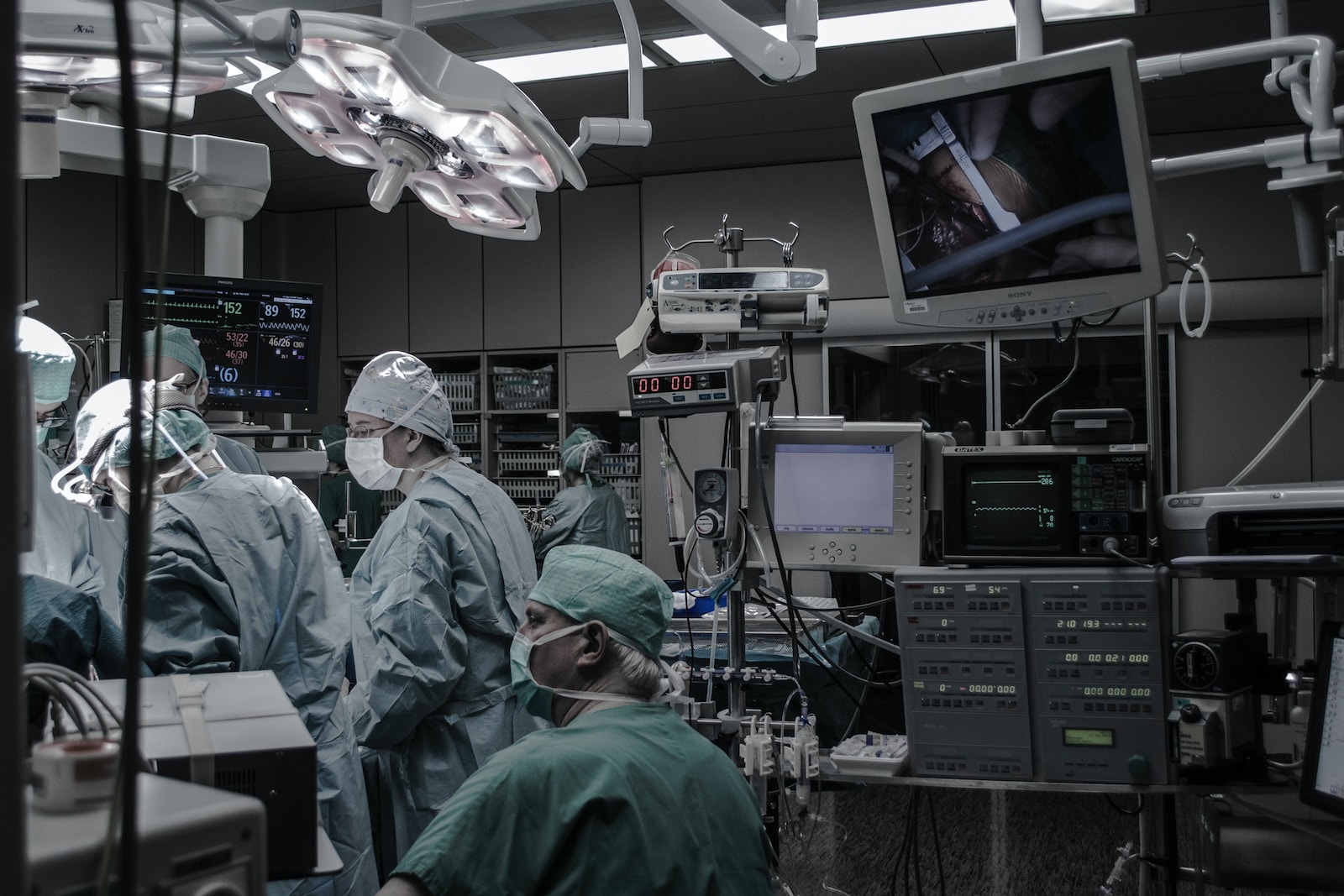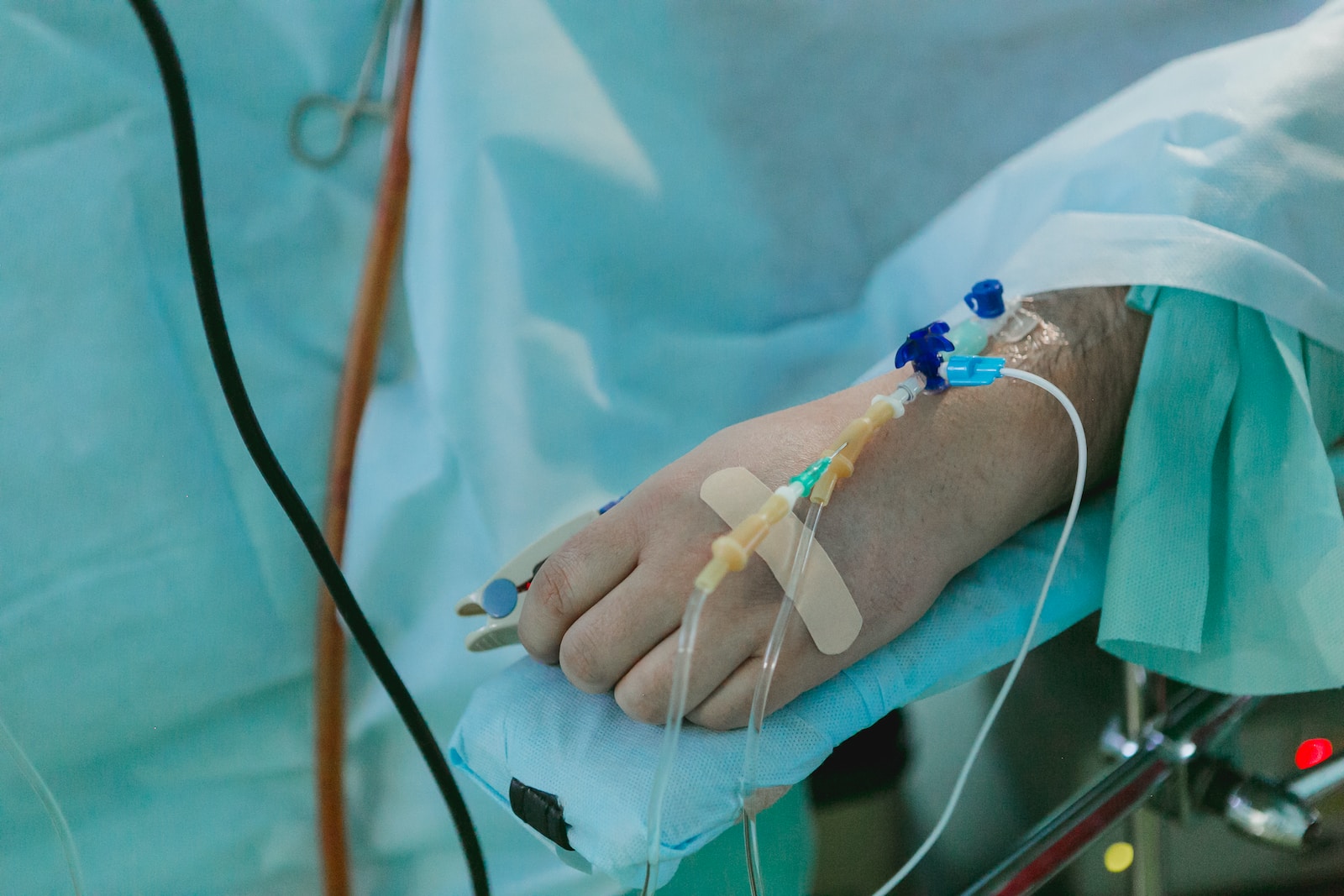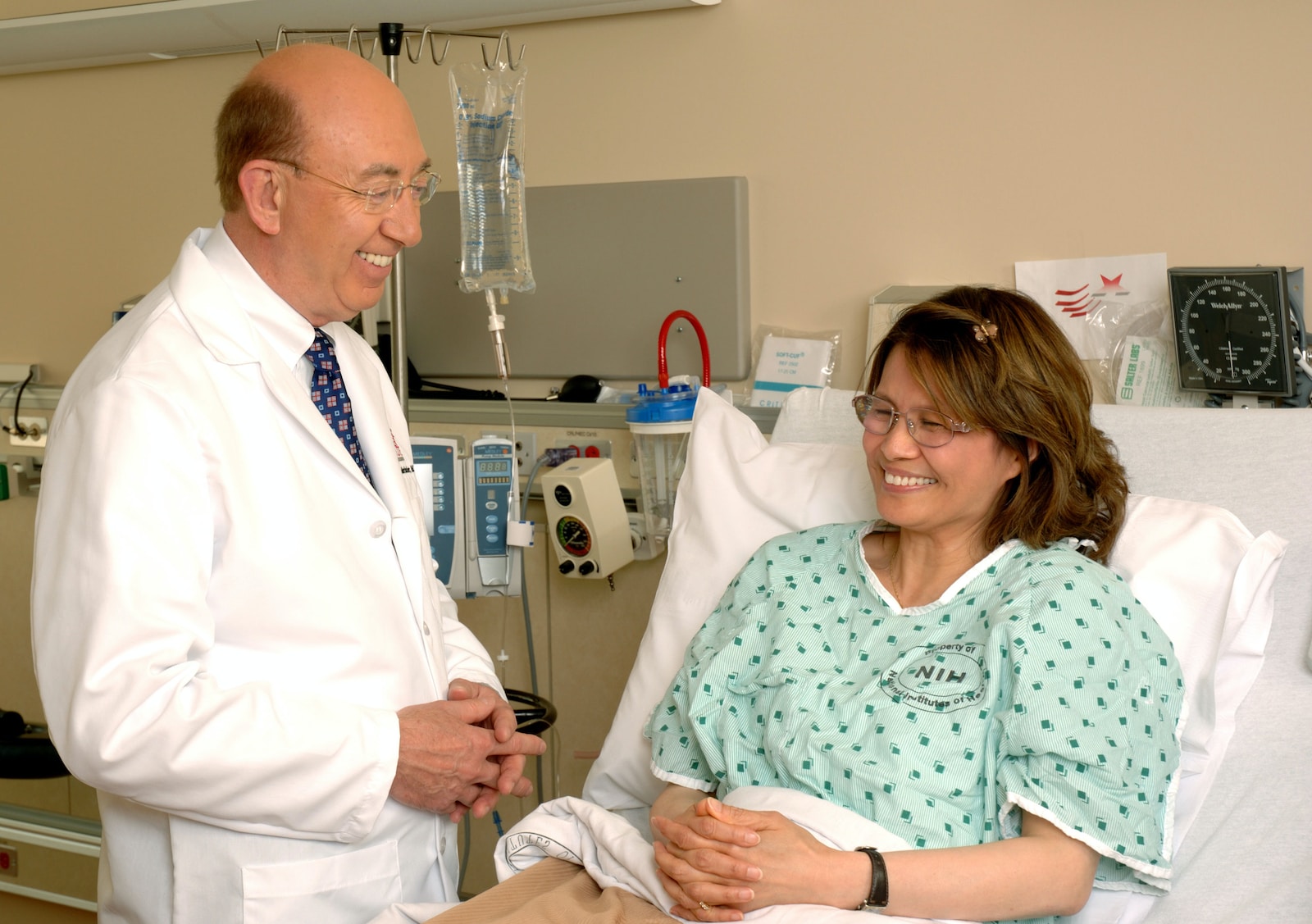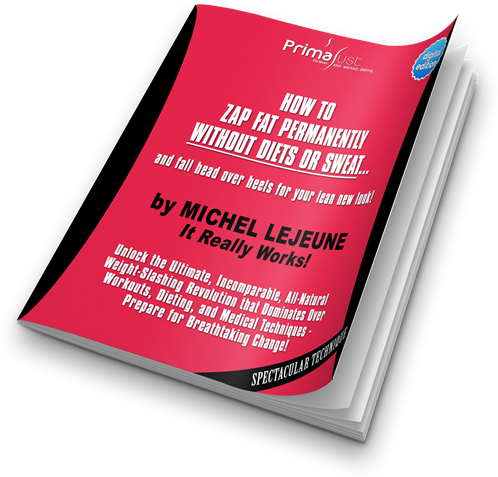Duodenal switch surgery is a weight loss option that is gaining popularity due to its effectiveness in helping patients lose weight. It involves the alteration of the small intestine and stomach to limit food intake and absorption. While the procedure can lead to significant weight loss, it is not without risks and complications that need to be considered. In this blog post, we will explore the facts about duodenal switch surgery that make it a potentially dangerous weight loss option.
What is Duodenal Switch Surgery?
 Duodenal switch surgery, also known as biliopancreatic diversion with duodenal switch (BPD/DS), is a weight loss surgery that involves two procedures.
Duodenal switch surgery, also known as biliopancreatic diversion with duodenal switch (BPD/DS), is a weight loss surgery that involves two procedures.
The first part of the procedure involves the removal of approximately 70% of the stomach, which limits the amount of food that can be consumed.
The second part involves rerouting a section of the small intestine, which reduces the amount of nutrients absorbed from food.
This combination leads to significant weight loss in patients who undergo the procedure.
Benefits and Risks Associated with the Procedure
 Duodenal switch surgery is an effective weight loss option for patients with a body mass index (BMI) greater than 50 or those who have failed to lose weight through other methods.
Duodenal switch surgery is an effective weight loss option for patients with a body mass index (BMI) greater than 50 or those who have failed to lose weight through other methods.
Patients who undergo the procedure can expect to lose up to 70% of their excess weight within the first year after surgery.
In addition to weight loss, the procedure has been shown to improve or resolve conditions such as type 2 diabetes, high blood pressure, and sleep apnea.
However, duodenal switch surgery is not without risks and complications.
Patients who undergo the procedure are at risk of developing short-term complications such as infections, sepsis, blood clots, nutritional deficiencies, anemia, and dumping syndrome.
Dumping syndrome occurs when food moves too quickly through the stomach and small intestine, causing symptoms such as nausea, vomiting, and diarrhea.
Startling Facts About Duodenal Switch Surgery
 Short-term Complications
Short-term Complications
Infection and sepsis: Infection is a risk associated with any surgical procedure, and duodenal switch surgery is no exception.
Infections can occur at the incision site or within the abdominal cavity, leading to sepsis, a life-threatening condition that occurs when the body’s response to infection causes damage to tissues and organs.
Blood clots: Patients who undergo duodenal switch surgery are at an increased risk of developing blood clots due to the changes in blood flow and activity level after surgery.
Blood clots can be dangerous if they travel to the lungs or brain, leading to a pulmonary embolism or stroke.
Nutritional deficiencies: The rerouting of the small intestine in duodenal switch surgery can lead to nutritional deficiencies, particularly of fat-soluble vitamins such as A, D, E, and K.
Patients may need to take vitamin supplements for the rest of their lives to prevent these deficiencies.
Anemia: Anemia, a condition characterized by low levels of red blood cells, can occur after duodenal switch surgery due to the reduced absorption of iron.
Patients may need to take iron supplements or receive iron infusions to correct this condition.
Dumping syndrome: Dumping syndrome is a common complication of duodenal switch surgery that occurs when food moves too quickly through the stomach and small intestine.
Symptoms can include nausea, vomiting, diarrhea, and lightheadedness.
Long-term Complications
Malnutrition and vitamin deficiencies: Patients who undergo duodenal switch surgery are at risk of long-term nutritional deficiencies if they do not follow the recommended dietary guidelines.
These deficiencies can lead to malnutrition and other complications such as anemia, osteoporosis, and neuropathy.
Bowel obstruction: Bowel obstruction is a rare but serious complication of duodenal switch surgery that occurs when the intestines become blocked.
Symptoms can include severe abdominal pain, vomiting, and constipation.
Hernia: Patients who undergo duodenal switch surgery are at risk of developing a hernia, which occurs when a portion of the intestine protrudes through a weakened area of the abdominal wall.
Symptoms can include pain, swelling, and a bulge in the abdomen.
Ulcers: Duodenal switch surgery can increase the risk of developing ulcers in the stomach or small intestine.
Symptoms can include abdominal pain, nausea, and vomiting.
Gastrointestinal leakage: Gastrointestinal leakage is a rare but serious complication of duodenal switch surgery that occurs when there is a leak in the digestive tract.
Symptoms can include fever, abdominal pain, and vomiting.
Post-Operative Care
 Strict adherence to dietary and lifestyle changes is crucial after duodenal switch surgery to ensure optimal weight loss and to prevent complications.
Strict adherence to dietary and lifestyle changes is crucial after duodenal switch surgery to ensure optimal weight loss and to prevent complications.
Patients should follow a low-fat, low-carbohydrate, and high-protein diet and should avoid sugary and high-fat foods.
They should also engage in regular physical activity and attend follow-up appointments with their healthcare provider.
The challenges of maintaining weight loss and avoiding complications after duodenal switch surgery can be significant.
Patients must commit to lifelong changes in their dietary and lifestyle habits to ensure long-term success.
Alternative Weight Loss Options
 Gastric bypass: This procedure involves creating a small stomach pouch and rerouting the small intestine to the pouch.
Gastric bypass: This procedure involves creating a small stomach pouch and rerouting the small intestine to the pouch.
Gastric bypass has been shown to be highly effective for weight loss, with many patients losing up to 60-80% of their excess weight.
However, gastric bypass carries risks such as malnutrition, dumping syndrome, and gastrointestinal leakage.
Gastric sleeve: This procedure involves removing a portion of the stomach and creating a smaller stomach pouch.
Gastric sleeve has been shown to be effective for weight loss, with many patients losing up to 50-60% of their excess weight.
However, gastric sleeve carries risks such as acid reflux, nausea, and vomiting.
Adjustable gastric banding: This procedure involves placing an inflatable band around the upper part of the stomach to create a smaller stomach pouch.
Adjustable gastric banding has been shown to be effective for weight loss, with many patients losing up to 50% of their excess weight.
However, gastric banding carries risks such as band slippage, erosion, and deflation.
Personalized recommendations based on individual factors: The decision to undergo weight loss surgery should be made in consultation with a healthcare provider and should take into account individual factors such as age, medical history, and lifestyle habits.
Patients should carefully consider the risks and benefits of each weight loss option and choose the option that is best suited to their individual needs.
Conclusion
Duodenal switch surgery can be an effective weight loss option for patients who are morbidly obese or have failed to lose weight through other methods.
However, the procedure is not without risks and complications, both short-term and long-term.
Patients considering duodenal switch surgery should be aware of these risks and should commit to lifelong changes in their dietary and lifestyle habits to ensure long-term success.
Alternative weight loss options are available and should be carefully considered based on individual factors.
Ultimately, the decision to undergo duodenal switch surgery should be made in consultation with a healthcare provider and with a full understanding of the potential risks and benefits.
Are you feeling concerned about the potential risks of the duodenal switch as a weight loss option?
Exploring alternative methods that offer effective and safe results may be on your mind.
If you're looking for a reliable solution to achieve all-natural weight loss without resorting to extreme medical weight loss procedures, let us introduce you to the PrimaJust weight loss method.
This groundbreaking approach has been designed to unlock your metabolism's full potential, enabling you to shed those unwanted pounds effortlessly, with no need for strenuous workouts or restrictive diets.
Say goodbye to dangerous weight loss options and embrace a healthier, more sustainable path.
To discover The Exact Method to Unlock Your Metabolism for All-Natural Weight Loss, allowing you to lose 1-3 pounds per week automatically, we invite you to download our still free report.
Take charge of your journey towards a slimmer and healthier you today!
Get the free report now at PrimaJust.com!
[Source]Free Report
Ready to start your weight loss journey without the hassle? Schedule your free Weight Loss Clarity Call today.
Take your understanding to the next level with these must-read related blog posts
-
Ozempic for Weight Loss: Bold US Seeker Dive into Canada & Mexico
Ozempic for weight loss has become a widely discussed topic in the United States, as…
-
Is Ozempic for Weight Loss Worth the Risk? Uncovering Danger
If you're struggling with obesity, you've probably tried many weight loss methods, including diet and…
-
Calorie Restriction Diets: Unveiling the Unsustainable Truth
Are you tired of constantly dieting and restricting calories, yet still not achieving your desired…















